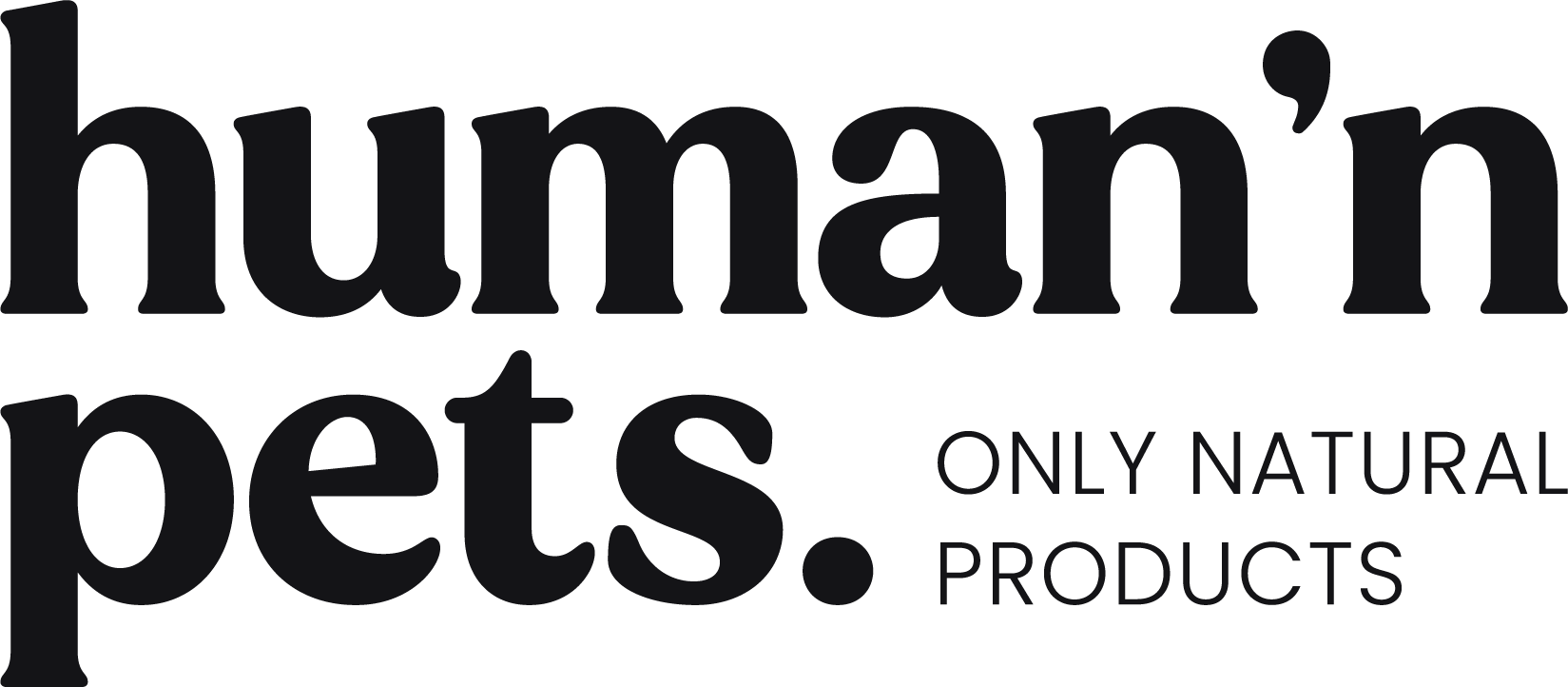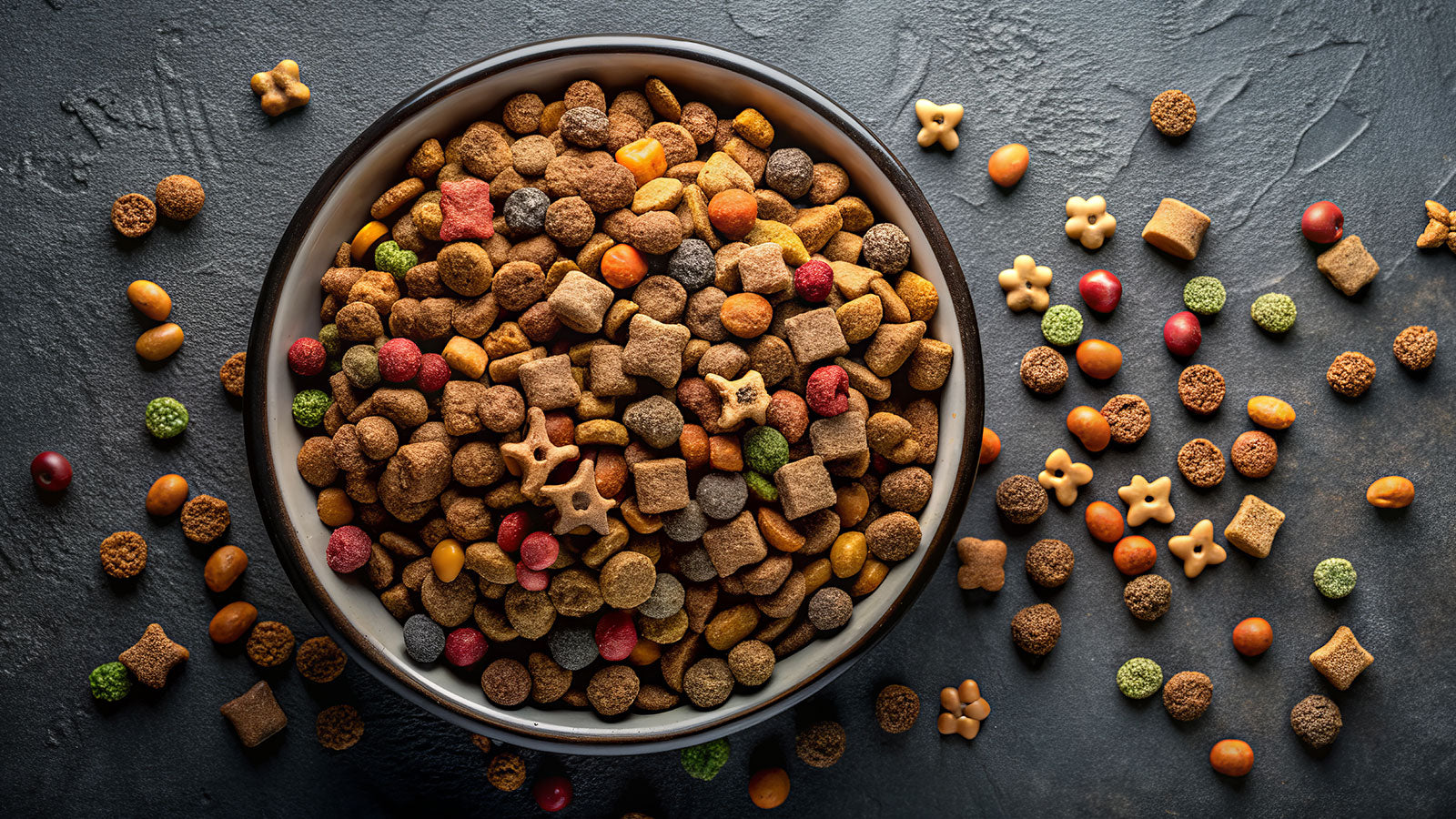Grain-free diets for dogs have sparked significant debate among pet owners. The term "grain-free" has become a marketing buzzword, often implying that such diets are healthier for dogs. However, the reality is more complex.
Commercial grain-free dog foods typically replace grains with alternative carbohydrates like legumes, potatoes, or quinoa. But do these substitutes offer any real nutritional benefit? In many cases, they do not, and they may even pose additional health risks.
The Rise of Grain-Free Diets
Grain-free dog foods gained popularity under the premise that they mirror the natural diet of dogs' wild ancestors. However, this assumption is misleading. Wild canines consumed diets rich in meat, bones, and organs, with minimal plant-based carbohydrates. In contrast, grain-free commercial dog foods often substitute grains with other starchy ingredients, which are far from the ancestral diet of dogs.
Issues with Grain-Free Dog Foods
One of the major concerns with grain-free diets is that they don't necessarily mean lower carbohydrates or higher quality ingredients. Instead of grains, these foods are often packed with other starches, such as potatoes or legumes, which can be equally, if not more, problematic for your dog’s health. These substitutes may increase the overall carbohydrate content of the food, leading to potential issues like obesity, digestive problems, and even skin conditions.
Quality of Ingredients
Many grain-free dog foods rely on low-quality protein sources like soy or legumes. Soy, often genetically modified, is difficult for dogs to digest and may cause hormonal imbalances and other health problems. Similarly, plant-based proteins like peas and lentils, while cheaper for manufacturers, are not ideal for a carnivore's diet. These proteins are often accompanied by high levels of starch, which can contribute to inflammation and other health concerns.
The Problem of Phytic Acid
Phytic acid, found in many of the ingredients used in grain-free dog foods, can interfere with the absorption of essential nutrients like iron, calcium, and phosphorus. This can lead to deficiencies over time, affecting your dog's overall health. For instance, manganese, which is crucial for energy production and bone health, can be poorly absorbed in diets high in phytic acid.
Glyphosate and GMOs in Grain-Free Foods
Glyphosate, a common herbicide found in many plant-based ingredients, is another concern. It has been linked to various health problems, including disruptions to the gut microbiome, immune system damage, and even an increased risk of cancer. Additionally, many grain-free dog foods contain genetically modified organisms (GMOs), which have been associated with liver and kidney damage, digestive disorders, and other health issues.
Lectins and Their Risks
Lectins, toxic plant proteins present in many grain-free dog food ingredients, can further complicate matters. These proteins are designed to protect plants by making them difficult to digest, but they can also block the absorption of important nutrients in dogs, leading to inflammation and other health problems.
Grain-Free Diets and Heart Disease
In recent years, a possible link between grain-free diets and heart disease, specifically dilated cardiomyopathy (DCM), has come to light. The FDA has been investigating this issue since 2018 after receiving numerous reports of DCM in dogs fed grain-free diets. While the research is ongoing, some studies suggest that the lack of taurine, an amino acid crucial for heart health, in these diets may be a contributing factor.
Are Grain-Free Diets Bad for Dogs?
Grain-free diets are not inherently better for dogs, and in some cases, they may even be harmful. The high starch content and low-quality ingredients in many commercial grain-free foods can lead to health problems. While some dogs may benefit from a grain-free diet due to specific allergies, it’s important to carefully evaluate the ingredients and ensure that your dog is receiving a balanced, nutritionally complete diet.
What to Feed Instead
If you're concerned about the potential risks of grain-free diets, consider feeding your dog a diet that more closely resembles what their ancestors ate—raw, whole foods rich in meat, organs, and bones. These diets naturally contain all the essential nutrients, including taurine, without the need for synthetic supplements or low-quality fillers. By choosing a diet that is species-appropriate, you can ensure your dog remains healthy and vibrant.
In conclusion, while grain-free dog foods are often marketed as a healthier option, the reality is that they may not be the best choice for every dog. Understanding the ingredients and their potential impact on your dog's health is crucial in making the right dietary decisions.






Κοινοποίηση:
Ingredient Splitting: A Deceptive Practice Every Pet Owner Should Know About
Carbs in Dog Food: Do They Benefit or Harm Your Pet?